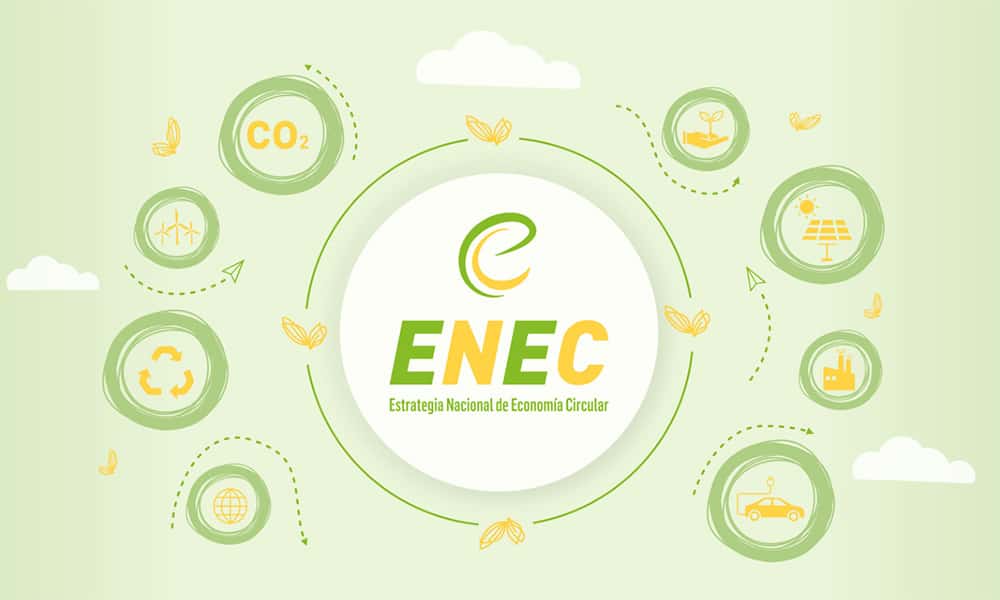The Costa Rican Ministry of Environment and Energy (MINAE) has launched the National Circular Economy Strategy (ENEC), an ambitious initiative that seeks to transform the country’s current production model and promote the strengthening of its economy, competitiveness, and social well-being.
The ENEC is based on three principles: eliminating waste and pollution, keeping products, parts, and materials in continuous use, and regenerating the natural systems on which the economy and life depend.
The strategy aims to achieve these goals by promoting a number of initiatives, including:
- Reducing the use of virgin materials: The ENEC aims to reduce the use of virgin materials by promoting the use of recycled and reused materials. This will help to conserve natural resources and reduce pollution.
- Extending the lifespan of products: The ENEC aims to extend the lifespan of products by promoting repair, reuse, and remanufacturing. This will help to reduce waste and create jobs in the repair and remanufacturing sectors.
- Designing products for circularity: The ENEC aims to promote the design of products that are easy to repair, reuse, and remanufacture. This will help to reduce waste and create jobs in the circular economy sector.
- Increasing recycling and composting rates: The ENEC aims to increase recycling and composting rates in Costa Rica. This will help to reduce waste and pollution.
- Promoting sustainable consumption: The ENEC aims to promote sustainable consumption by encouraging consumers to buy products that are made from recycled materials, are durable, and can be repaired or reused.
The ENEC is expected to generate a number of benefits for Costa Rica, including:
- Environmental benefits: The ENEC is expected to reduce pollution, conserve natural resources, and improve air and water quality.
- Economic benefits: The ENEC is expected to create jobs, boost economic growth, and attract foreign investment.
- Social benefits: The ENEC is expected to improve the quality of life for all Costa Ricans by reducing pollution and providing access to recycled and reused products.
The ENEC is a bold and ambitious initiative that has the potential to transform Costa Rica’s economy and society. If successful, the ENEC could make Costa Rica a leader in the global circular economy movement.
Costa Rica’s Commitment to Sustainability
Costa Rica has a long history of environmentalism and sustainability. In recent years, the country has made significant progress in reducing its carbon emissions, increasing its renewable energy production, and protecting its natural resources.
The ENEC is a continuation of Costa Rica’s commitment to sustainability. The strategy is designed to help the country achieve its goal of becoming carbon neutral by 2050. It is also expected to boost the country’s economy and create jobs.
The ENEC is a major undertaking, but Costa Rica is well-positioned to succeed. The country has a strong track record of environmentalism, a supportive government, and a committed population.
If successful, the ENEC could make Costa Rica a global leader in the circular economy. The country could become a model for other countries that are looking to transition to a more sustainable economy.






